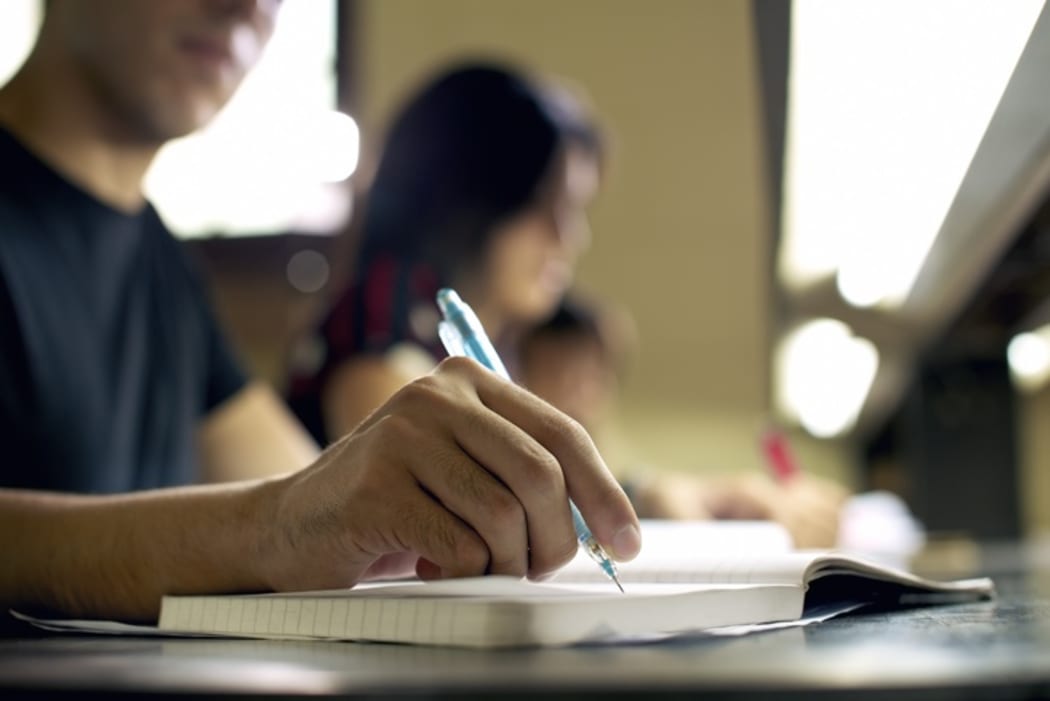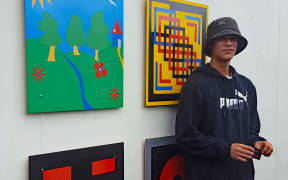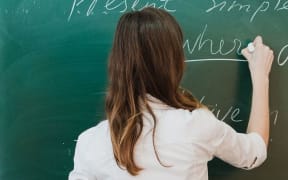NCEA examiners will be on the lookout for students using memorised or plagiarised answers in this year's school exams, following an independent review.

Photo: 123rf
The review by Paraparaumu College principal Gregor Fountain found that in some subjects, students could memorise official examples of good answers from previous years' exams and use them as their own.
The problem came to light this year when students spotted that official examples of excellence-grade answers for exams were nearly identical in 2011 and 2012.
"There are a small number of externally assessed achievement standards in History, Social Studies and Media Studies, where the generic approach to question-setting and the subsequent similarity of questions from year-to-year provides an opportunity for candidates to rote-learn pre-prepared or externally-sourced answers and potentially be rewarded for doing so," the review said.
Read the review in full (PDF 437KB)
It recommended changes including editing examples of students' answers so they could not be copied in full, and asking markers to keep a record so they could spot answers shared by a group of students or copied from examples.
The New Zealand Qualifications Authority said it had accepted all the recommendations and would make them part of its quality assurance processes ahead of this year's exams.
Secondary Principals Association president Mike Williams said memorising answers was not as much of a problem as it was before NCEA.
"It used to happen a huge amount in the old School C days," he said.
"Teachers played a bit of a game of trying to guess what the examiner was going to put in the exam - it was quite often quite predictable - so it was quite common to memorise an essay or two to go into the exam. With NCEA we're seeing less of it."
Mr Williams said some students might prepare answers for exams, but that could be mitigated by setting the right sort of questions.
"Teachers and schools are always looking at giving their students the best advantage they can," he said.
"So there's still an element of the old days of trying to guess the examiner as to what questions will be there, but if they're well-written questions, memorising something to regurgitate shouldn't give you an advantage."
National Association of Media Educators president Jude Morgan said the emphasis in media studies had moved from knowing facts to having particular skills, and that made it a lot harder to memorise exam answers.
"While it's always possible for somebody to be canny and come up with something that they think 'oh yes, this is what I will write down', in practice it's not in their best interests and any grade that they got wouldn't reflect their thinking," she said.
"It would get marked down."
History Teachers Association president Graeme Ball said there there was a lot of pressure on schools to produce good results, but he doubted there was much plagiarism of exam answers.
"When we discuss these things amongst ourselves at conferences and various things, people do worry about it a little bit, but it's always 'those other schools down the road' that are doing it, never seems to be anyone we know. That would suggest that it's not particularly widespread," he said.







